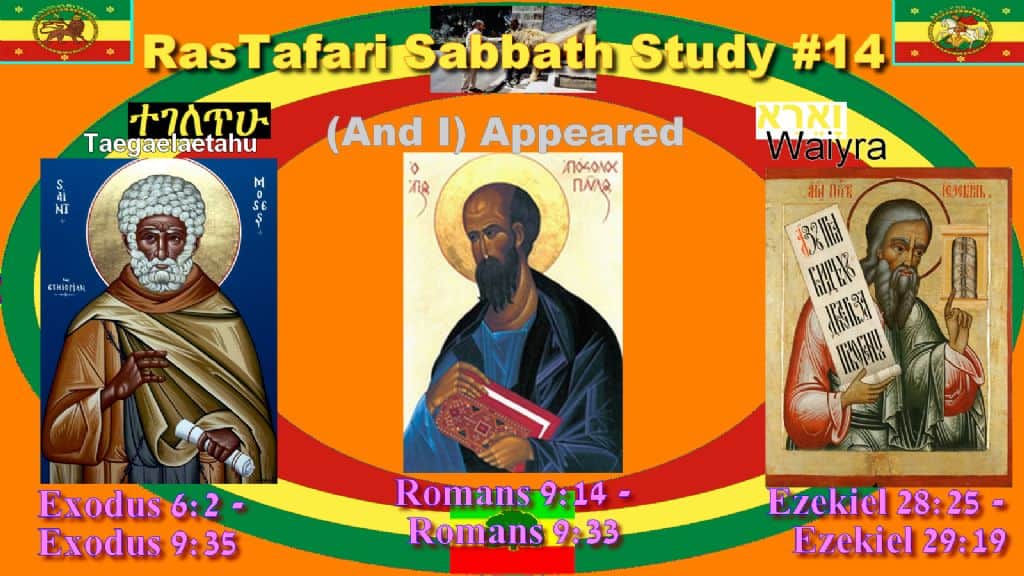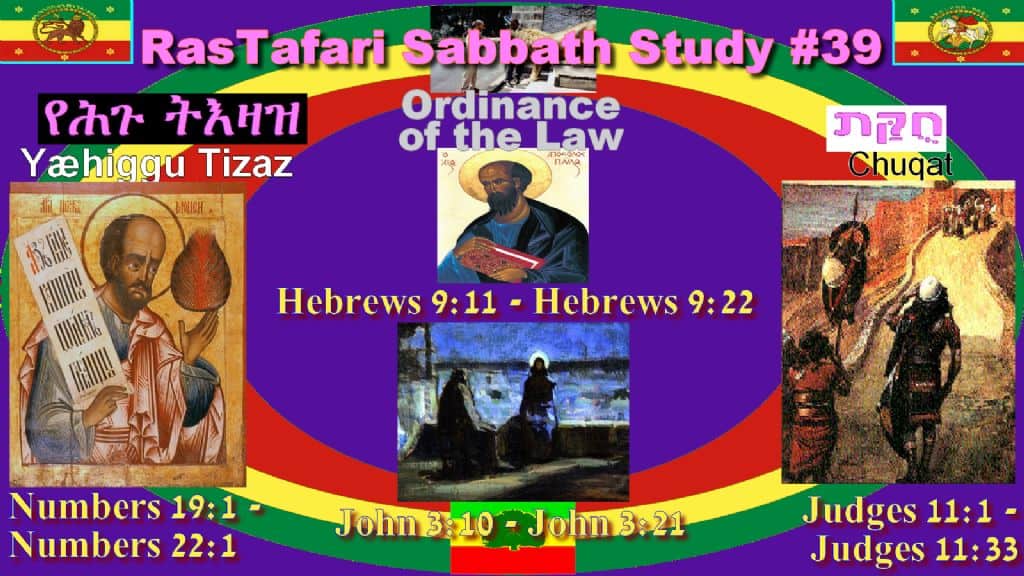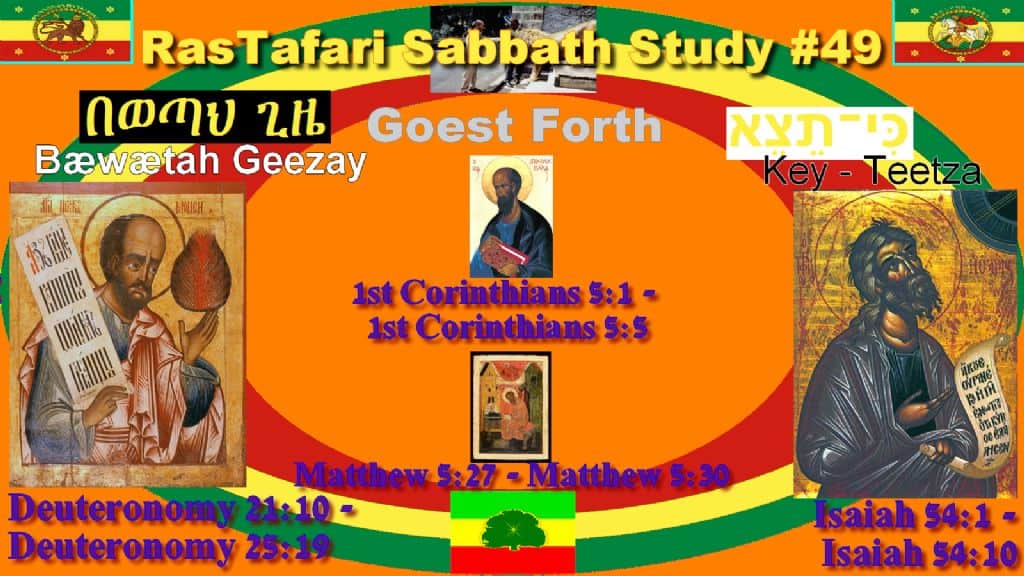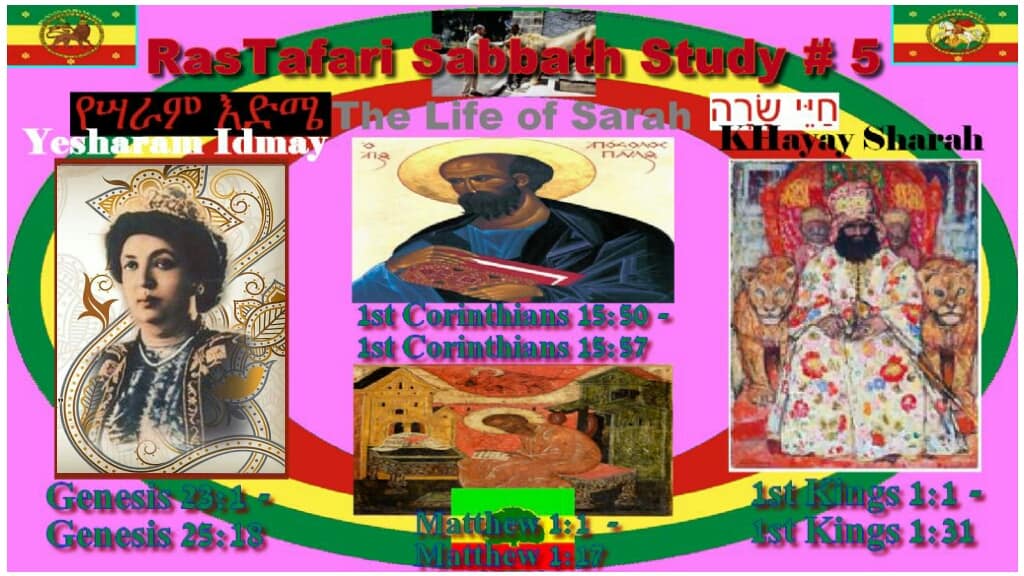This Week's Portion #14
Va'era | וארא | "And I appeared" ተገለጥሁ | tegelleT’hu
*For a PDF version of All the Torah Portions Schedule, click here to download!
2. Prophets Reading
Ezekiel 28:25-29:21
3. New Testament Reading
Romans 9:14-33
Portion Outline - TORAH
- Exodus 6:14 | The Genealogy of Moses and Aaron
- Exodus 6:28 | Moses and Aaron Obey God's Commands
- Exodus 7:8 | Aaron's Miraculous Rod
- Exodus 7:14 The First Plague: | Water Turned to Blood
- Exodus 8:1 The Second Plague: | Frogs
- Exodus 8:16 The Third Plague: | Gnats
- Exodus 8:20 The Fourth Plague: | Flies
- Exodus 9:1 The Fifth Plague: | Livestock Diseased
- Exodus 9:8 The Sixth Plague: | Boils
- Exodus 9:13 The Seventh Plague: | Thunder and Hail
Portion Outline - PROPHETS
- Eze 28:25 | Future Blessing for Israel
- Eze 29:1 | Proclamation against Egypt
- Eze 29:17 | Babylonia Will Plunder Egypt
Portion Study Book Download & Summary
 SHEMOT Hebrew Book of Exodus - Torah Portion Vol.2 (FREE PDF)
SHEMOT Hebrew Book of Exodus - Torah Portion Vol.2 (FREE PDF)
The second reading from the book of Exodus and fourteenth reading from the Torah is named Va’era (וארא), which means “And I appeared.” The title comes from the first words of the second verse of the reading, which says, “And I appeared to Abraham, Isaac, and Jacob, as God Almighty” (Exodus 6:3). The portion begins with four expressions of redemption whereby God promises to bring Israel out of the Egyptian bondage. The narrative progresses to tell the story of the first seven of the ten plagues that God unleashed on Egypt.
Portion Commentary
Deliverance from Bondage
Thought for the Week:
God promised to deliver Israel from the burdens of Egypt. The good news of salvation is that, through faith in Yeshua, those burdens can be removed. Instead of sin we have forgiveness. Instead of guilt we have joy. Instead of condemnation, we have vindication. Instead of death and judgment, we have the gift of eternal life and grace.
Commentary:
I will deliver you from their bondage. (Exodus 6:6)
It is one thing to be burdened. It is even worse to be in bondage. A man might carry his own burden willingly, but it is far more difficult to carry it under the compulsion of another. The LORD told Moses that, in addition to taking Israel out from under the burdens of the Egyptians, He was going to deliver them from bondage to them.
There are many different types of bondages. Some might find themselves taken into literal bondage like the Jewish and Sabbatarian communities did during World War II or like the persecuted Christians in Sudan and other troubled areas today. Others might find themselves in self-made bondages. It is very easy to give oneself up to financial bondage with things like a high mortgage or other deep debts. We fall into the bondage of our appetites and find ourselves ruthlessly lorded over by addictive behaviors like chemical abuse (drugs, alcohol, nicotine) or even the sins of gluttony and sexual immorality. A person unable to exercise self-control over his own behavior is a person in bondage.
For example, a man says that he is going to quit smoking. The cigarettes are expensive and he knows that it is bad for his health. He tells everyone he is quitting and he tosses his cigarettes into the garbage. A few hours later, he is digging through the trash looking for his cigarettes. He is in bondage to his addiction.
When a person is in bondage, he is not able to liberate himself. He needs someone on the outside to deliver him from the bondage. That is why people who struggle with addictions find their best success when they turn to counseling, support groups and other systems of accountability. It takes someone outside of the situation to intervene.
God is able to intervene and release us from the various bondages that shackle us. Through faith in Yeshua, our chains can fall away.












































































































